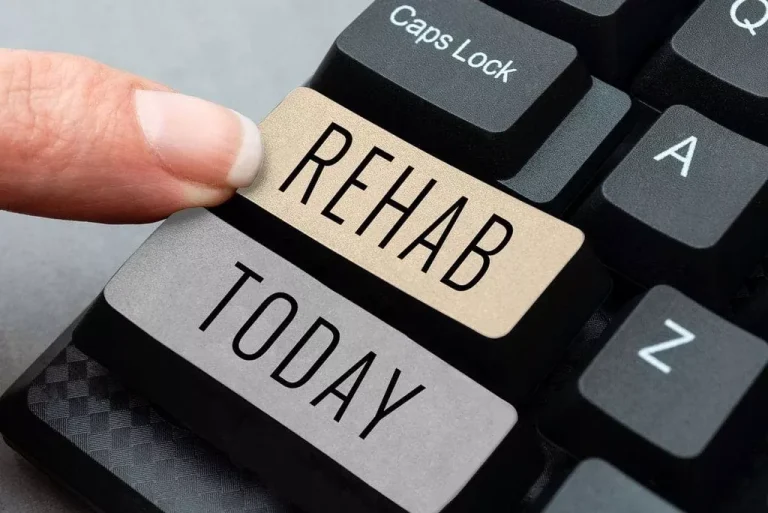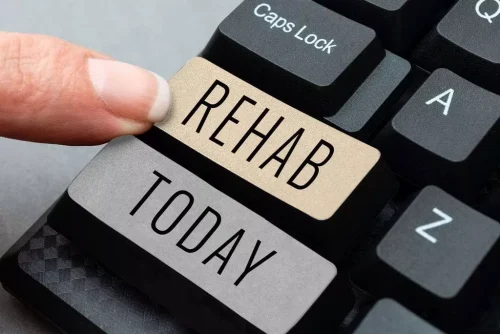What Does It Feel Like to Be Drunk? Levels of Being Drunk

They are also at risk for respiratory depression, so medical attention should be sought. Excessive drinking can lead to alcohol poisoning, a serious and potentially life-threatening condition. Symptoms of alcohol poisoning include confusion, vomiting, seizures, slow breathing, and unconsciousness.

Sobriety or Low-Level Intoxication (BAC: 0.01–0.05%)
It’s getting late but you are nowhere near ready to stop the party. You do not care if your buddy has got work in the morning or if your sister has to get home to the babysitter — NO! You don’t care if your friend loses his job or if your sister never sees her children again, you’re ordering more shots.

The Science Behind Alcohol and The Brain
What we do right before or while drinking also has a significant impact on how drunk we get. For instance, drinking on an empty stomach leads to you feeling tipsy quicker and more easily as opposed to when you drink on a full stomach. This is because when there is food in the stomach, the pyloric sphincter, a muscle separating the contents of the stomach from the small intestine, closes. Thus whatever alcohol you consume will stay in the stomach longer, where the stomach acid will break some of it down. While some alcohol is still absorbed from the stomach into the bloodstream, far more is absorbed from the small intestine.
Effects of Alcohol Consumption
First, they may be slurring their words or having trouble speaking. Second, they may be having trouble walking or standing up straight. Finally, intoxication often leads to slowed reflexes and coordination, which can make balance and walk difficult. If you see someone displaying these symptoms, it’s a good bet they’ve had too much to drink. Scientists have extensively studied how alcohol use affects our senses of vision and hearing, but perhaps surprisingly, not many studies have amphetamine addiction treatment explored its effects on smell and taste.
Alcohol Addiction

In addition to the obvious signs of drunkenness, like slurred speech and staggering, there are a few other telltale symptoms that can indicate someone is intoxicated. For example, drinkers often have bloodshot eyes and dilated pupils. They may also have trouble focusing their vision and have a hard time following a conversation.
- The COVID-19 crisis has created heightened anxiety and depression, increasing the risk of substance abuse.
- To get rid of dehydration, you simply need to rehydrate yourself.
- You’ll meet millions of fellow Reframers in our 24/7 Forum chat and daily Zoom check-in meetings.
- The hypoglycemic brains need nourishment to function adequately.
- It should not be used in place of the advice of your physician or other qualified healthcare providers.
In fact, everyone in the entire freaking bar is suddenly beautiful. With a bit of liquid courage, you head over to meet your fate. Whether or not you get lucky… well that is up to you and your wonderful drunken pick up lines.
Short-Term Risks
Despite how many people drink, very few know the specifics of what happens to the brain while drunk. It continues its rampage throughout the body, disturbing the sleep cycle, causing dehydration, and wreaking havoc in the stomach. The next day, we’re left with a pounding headache, Sahara Desert-level thirst, and a stomach performing its own version of the Riverdance. People in the euphoric stage are more social and talkative, have increased confidence and lowered inhibitions, have some motor impairment, and have diminished attention and control.
The Experience Blog
A woman will feel tipsy after consuming 1 to 2 alcoholic drinks in an hour. As you drink, alcohol goes into your bloodstream and affects your brain and body functions. When you drink a lot, your body and brain functions slow down considerably. For one thing, sudden withdrawal from alcohol can cause severe symptoms, including anxiety, tremors, and hallucinations. Additionally, quitting alcohol suddenly can trigger a relapse for people who are in recovery from alcoholism.
- This article delves into the physical sensations of being drunk, including common symptoms like dizziness, nausea, and impaired coordination.
- Like other poisons, the body works to rapidly remove it from the blood, which makes a lot of work for the liver and kidneys.
- They may feel slightly more relaxed but are still in control of their actions and decisions.
- These byproducts can damage the liver cells and weaken the body’s natural defenses, eventually disrupting the body’s metabolism and impairing the function of other organs.
- The physician may also prescribe antifungal medication to remove fungal infections in your stomach.
A BAC of 0.08 is the legal limit of intoxication in the United States. A person can be arrested if they are found driving with a BAC above this limit. Blood alcohol content (BAC) is the unit used to measure the amount of alcohol in a person’s bloodstream. And if they’re vomiting, make sure they’re turned on their side so they don’t choke on their own vomit. Too much alcohol can be dangerous – but with a little knowledge, you can help keep yourself and your friends safe.
Maroon: The Messiness of Drinking
Neurotransmitters are i like being drunk chemicals in our brains that carry messages between neurons, the tiny nerve cells that send messages from the brain to the rest of the body. Our state-specific resource guides offer a comprehensive overview of drug and alcohol addiction treatment options available in your area. If you are struggling withalcohol abuse, you are not alone. Representatives at The Recovery Village are available to discusstreatment optionstailored to your situation. The call is free and confidential, and you don’t have to commit to a program to learn more aboutalcohol rehab.


















